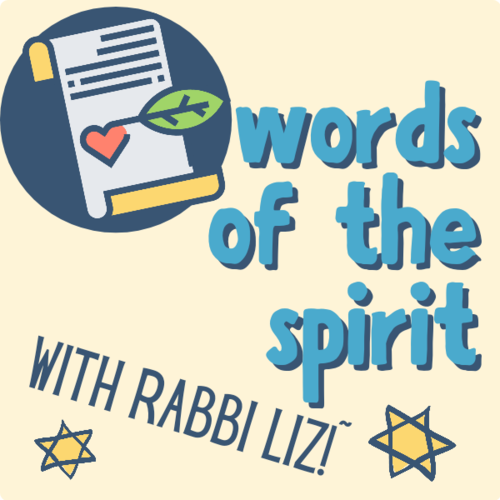WHAT YOUR RABBI WANTS TO SAY THIS PASSOVER
18/04/2024 09:30:06 PM
| Author | |
| Date Added | |
| Automatically create summary | |
| Summary |
|
|
|
Fri, 4 July 2025
Special Messages from the Rabbi
Privacy Settings | Privacy Policy | Member Terms
©2025 All rights reserved. Find out more about ShulCloud







